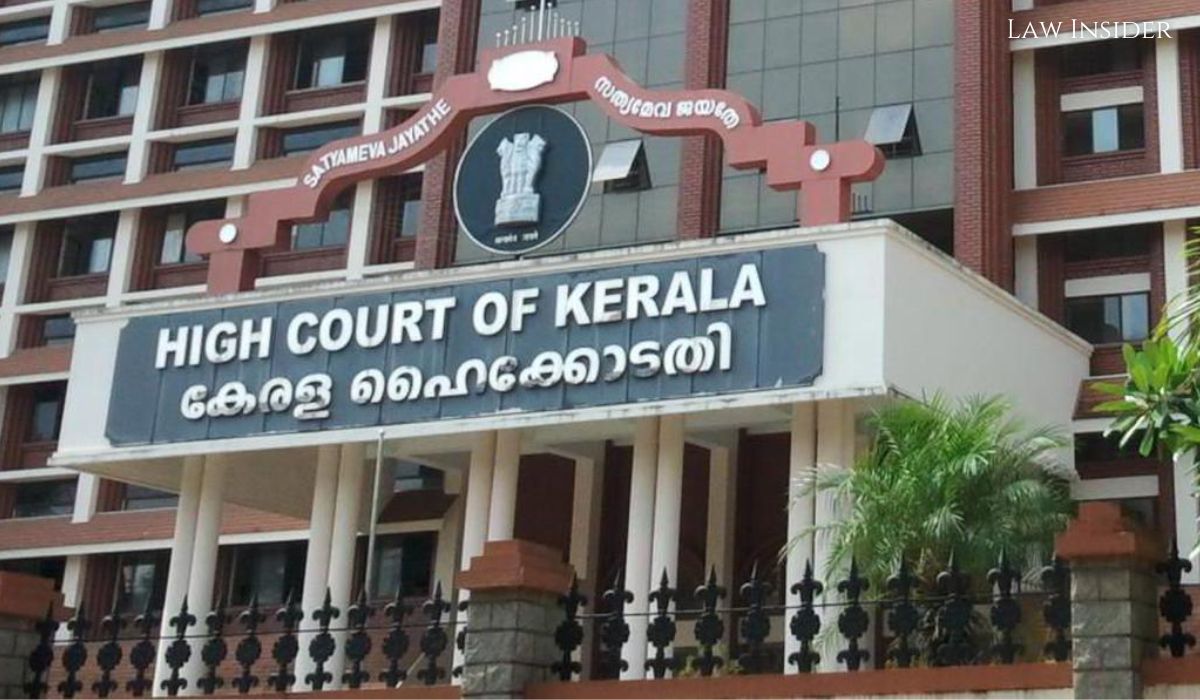LI Network
Published on: November 29, 2023 at 16:36 IST
The Kerala High Court has emphasized that when a detainee under the Kerala Anti-Social Activities (Prevention) Act, 2007 (KAAPA Act) goes into hiding, the Magistrate Court is obligated to consider the detention order as a warrant.
The court should promptly initiate measures to compel the immediate presence of the detainee before the court.
The division bench, comprising Justice A. Muhamed Mustaque and Justice Shoba Annamma Eapen, released the detainee in question, asserting that, in such instances, the Magistrate should commence proclamation and property attachment proceedings under the Criminal Procedure Code (CrPC) and the KAAPA Act to ensure the detainee’s appearance in court.
The court directed:
“We order hereafter that the Magistrate Court, in the State of Kerala shall take note of this order when a detenu is ordered to be detained under the KAAPA Act is absconded and when a report is filed under Section 6(a) of the KAAPA Act, the Magistrate Court shall immediately proceed to secure the presence of detenu as though a warrant has been issued under the Code of Criminal Procedure and by proceeding in accordance with the proceedings of the Code of Criminal Procedure.
All the steps taken by the Magistrate shall be intimated to the detention authority from time to time. Otherwise, the non-explanation delay would frustrate the very purpose of passing detention order under the KAAPA Act.”
Additionally, the Division Bench instructed the Registrar (District Judiciary) to inform all Chief Judicial Magistrates, who, in turn, should apprise all Magistrates about the necessary steps for ensuring the detainee’s prompt presence in such cases.
The case at hand involved a detention order issued in November 2022, after which the detenu absconded and reappeared before the police in June 2023. This delay impacted the connection between the last pre-judicial activity and the execution of the detention order.
Upon analyzing Sections 4 and 6 of the KAAPA Act, the court delineated two sets of procedures to be followed, one initiated by the detention authority and the other by a Magistrate. Section 4 relates to the execution of detention orders, while Section 6 deals with powers concerning absconding individuals.
The court clarified the procedures as follows:
- Issuance of a detention order by the detention authority.
- If the detenu absconds after the issuance of the detention order, the Magistrate must treat the detention order as a warrant and initiate proceedings for proclamation and attachment of the detenu’s property as per Sections 82, 83, 84, 85, and 86 of the CrPC.
The court stressed that immediate action should be taken against the sureties of the absconder who stood for his bail. The Magistrate should initiate steps for the proclamation and attachment of the accused’s property under the CrPC.
The court emphasized that treating the detention order as a warrant and promptly proceeding against the absconder and their sureties would prevent delays in executing the detention order, thus favoring the detenu.
In this case, the court noted the Magistrate’s failure to initiate steps against the absconder after the detention order’s issuance, leading to an unexplained delay. Consequently, the court granted the petition and ordered the detenu’s release.
Case Title: Krishnapriya K P v. State of Kerala

